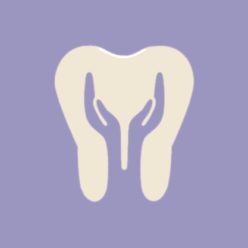Sleep Apnea is a pause of breathing during sleep. This pause can be for 10 seconds or longer and can occur 30 times or more per hour affecting the ability to reach a deep sleep. People affected with sleep apnea often snore, make choking sounds and even clench and grind their teeth. Those affected have fatigue and excessive daytime sleepiness.
The decrease in air flow that occurs with sleep apnea puts stress on the cardio-vascular system which can lead to high blood pressure, increasing the risk of stroke and heart failure. Those people who suspect they have sleep apnea can get a diagnosis from a certified sleep center.
One way to treat sleep apnea is with behavioral changes. Sometimes sleep apnea occurs because of the position you sleep in; most commonly sleeping on your back. By changing a sleep position you can decrease apnea and improve sleep. Obesity also contributes to sleep apnea. Weight loss will decrease the sleep apnea index by 25%. Unfortunately, behavioral changes are difficult for people to start and maintain. There are also dental appliances designed to treat sleep apnea. Many time these appliances can be very effective but must be fitted and adjusted with care. Sometimes the appliances can cause or worsen jaw problems.
The best method to treat sleep apnea non surgically is with a CPAP (continuous positive airway pressure). There are different types of masks that are worn during sleep. Air pressure is used to keep the air way open. The air is heated and humidified. The lowest possible pressure is calibrated per patient to determine how much is needed to keep the airway open.
It is important to follow a treatment protocol if diagnosed with sleep apnea. Many times your dentist can pick up on signs during an exam. Severe attrition from clenching and grinding is a clue of restless sleeping which may lead to the diagnosing of sleep apnea. It is important to wear a bite guard to protect your teeth from this powerful destructive force that occurs nocturnally. A bite guard is not the same as a “sleep apnea dental appliance” as it does not force the jaw into a specific position to open the airway. It can be used in conjunction with a CPAP nasal canula.
The important thing is to be able to get a good night’s sleep. Your over all health depends on allowing your body and mind rest time.
